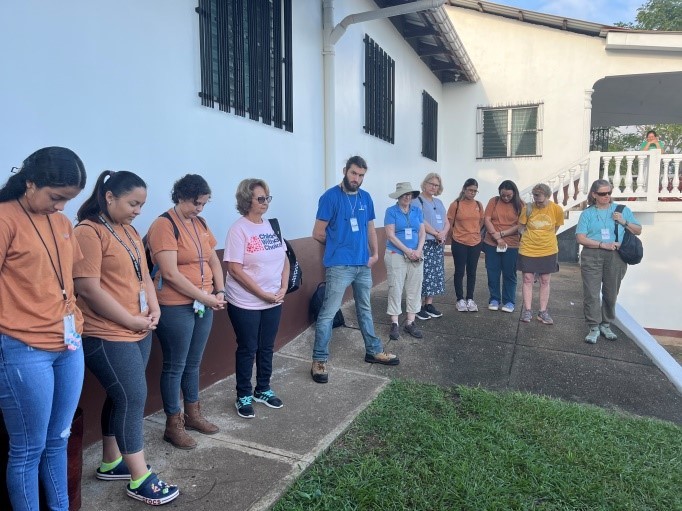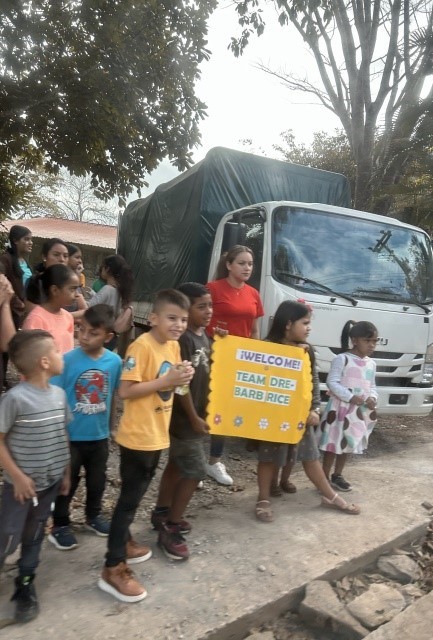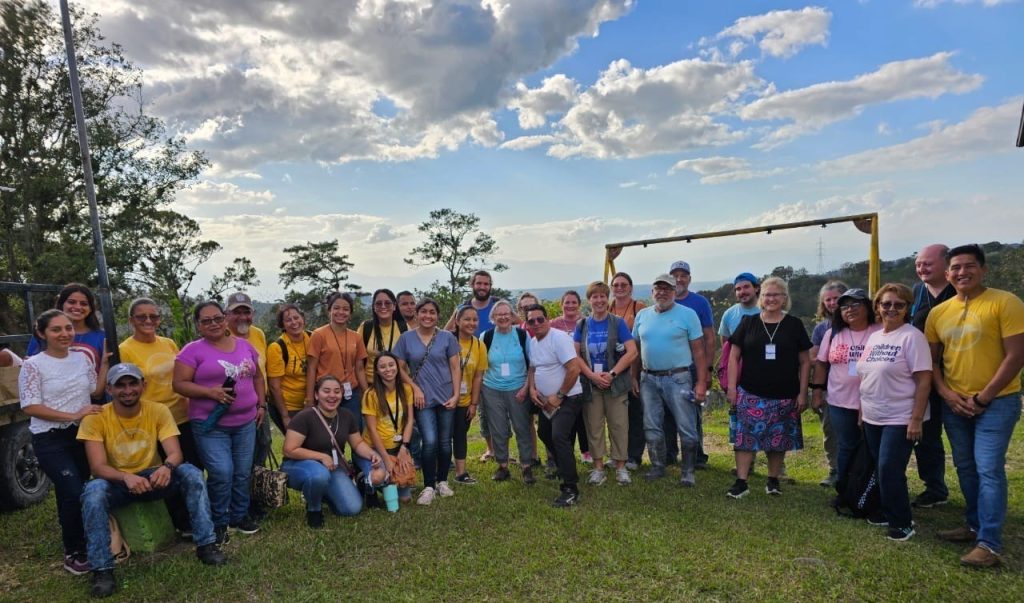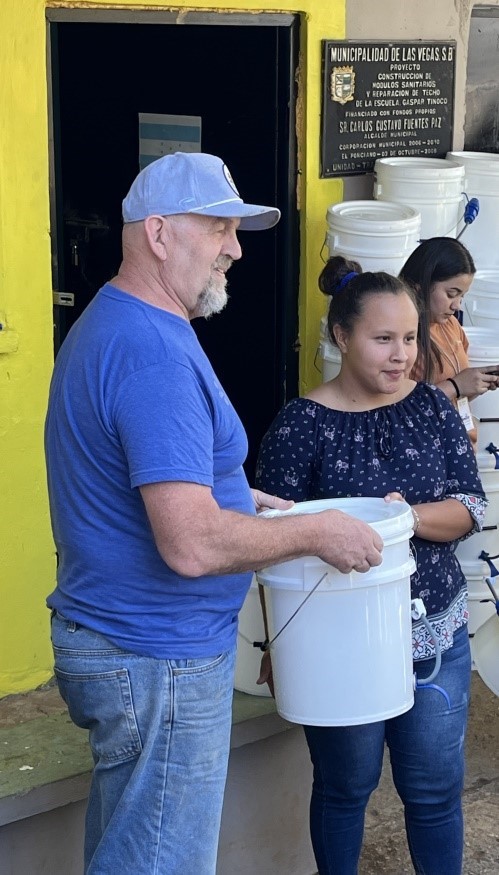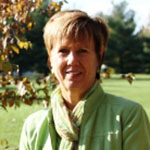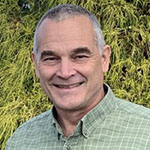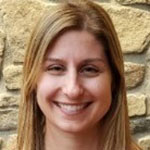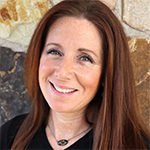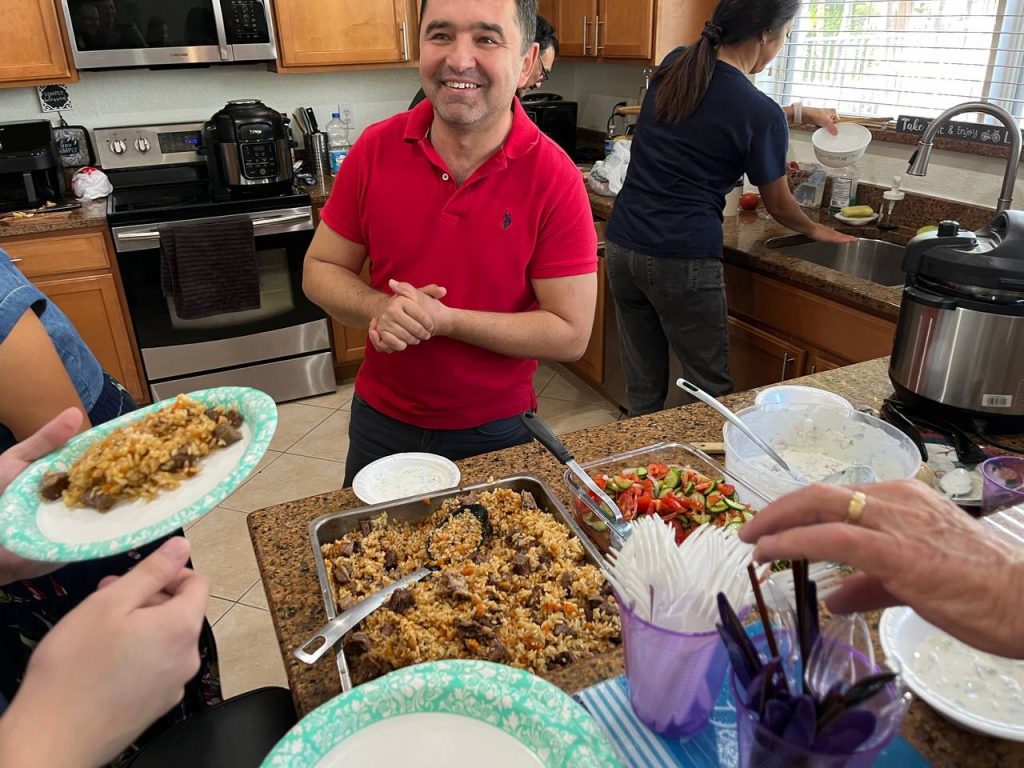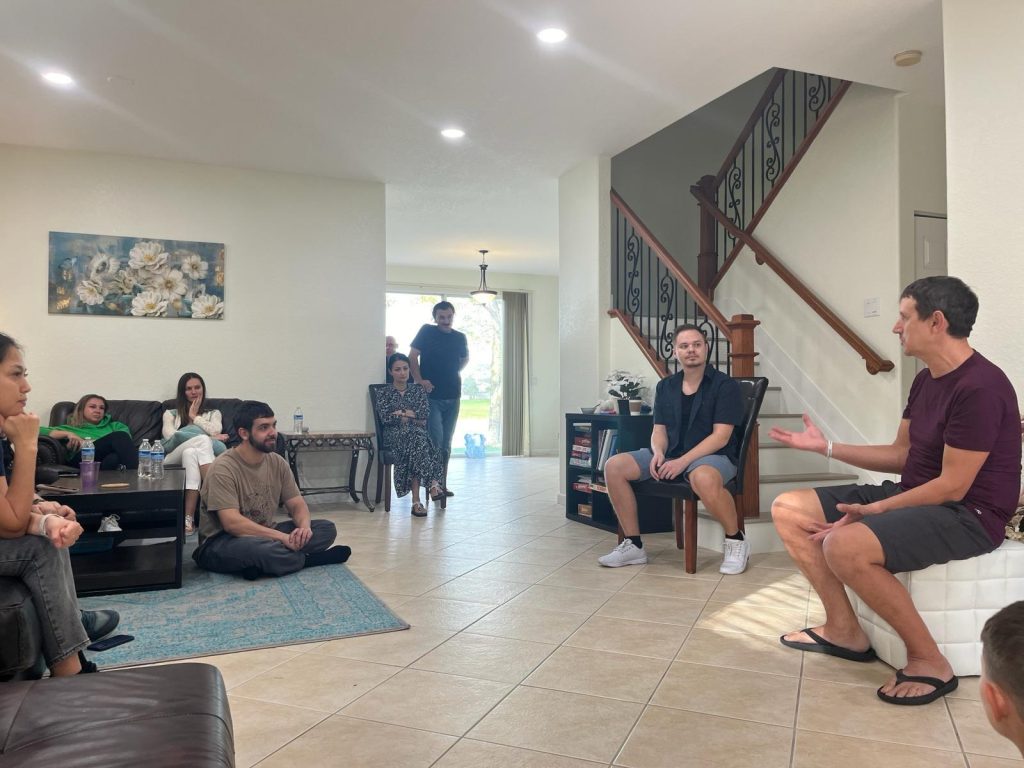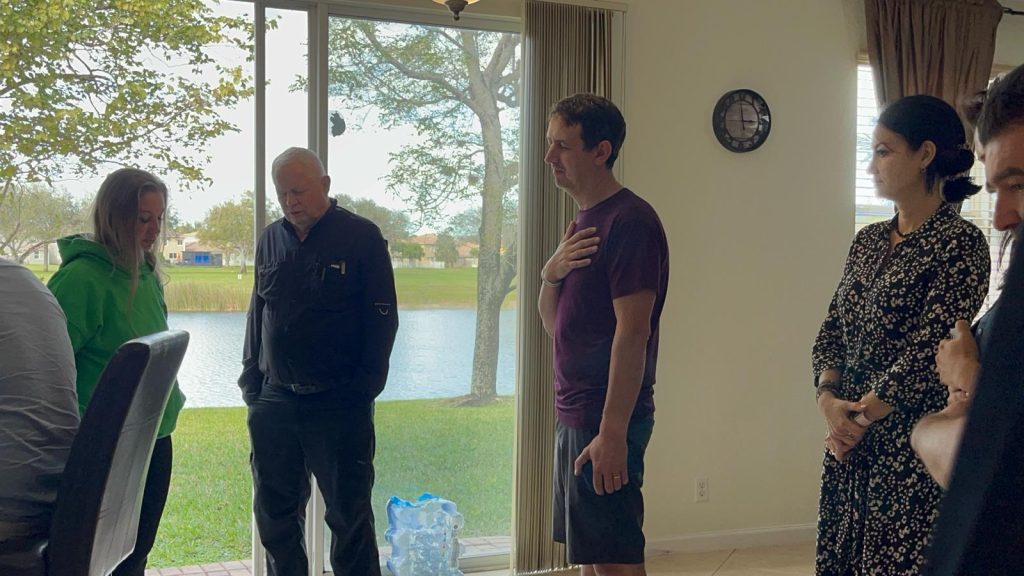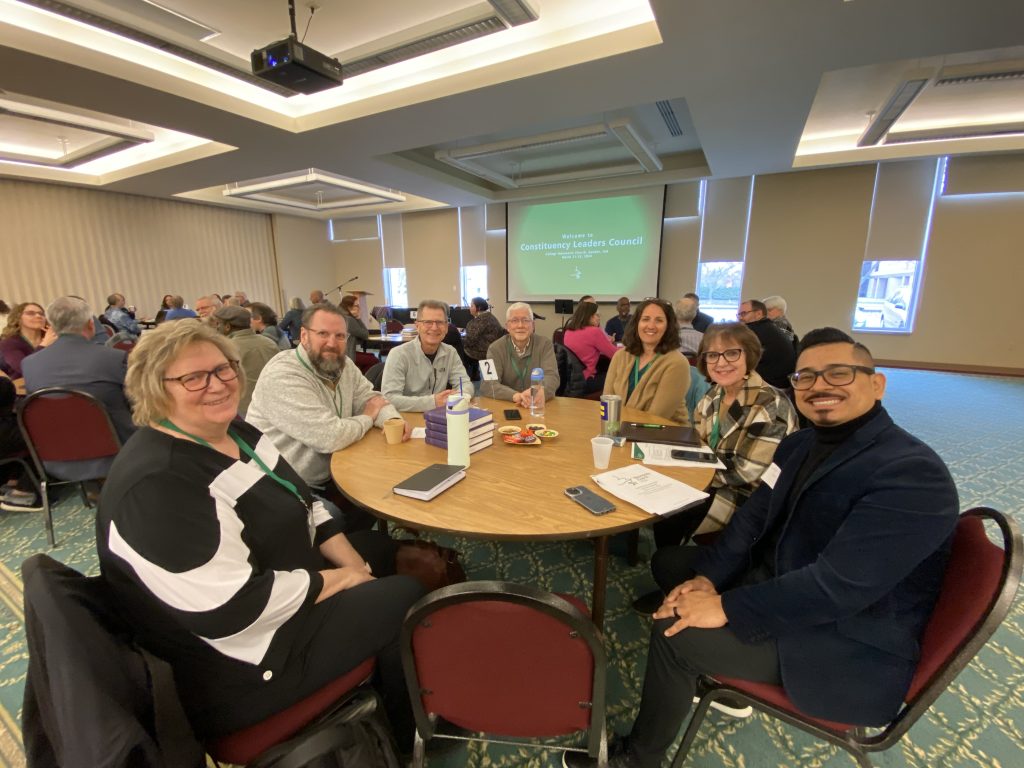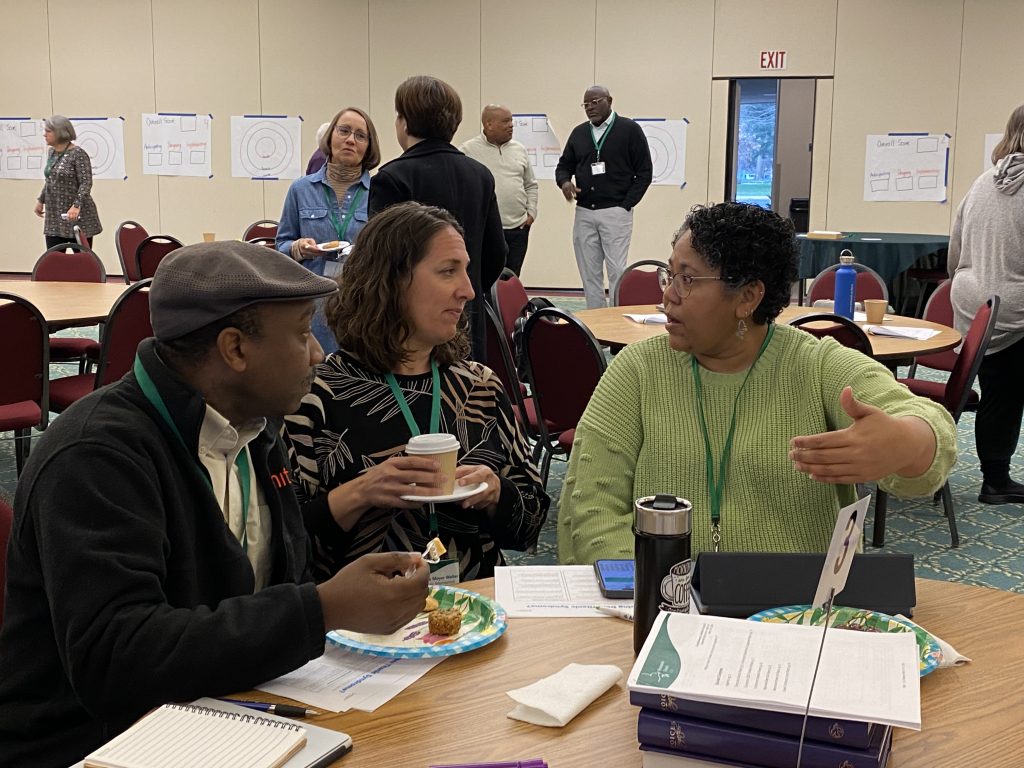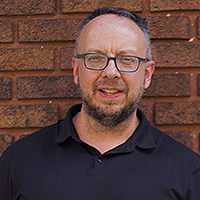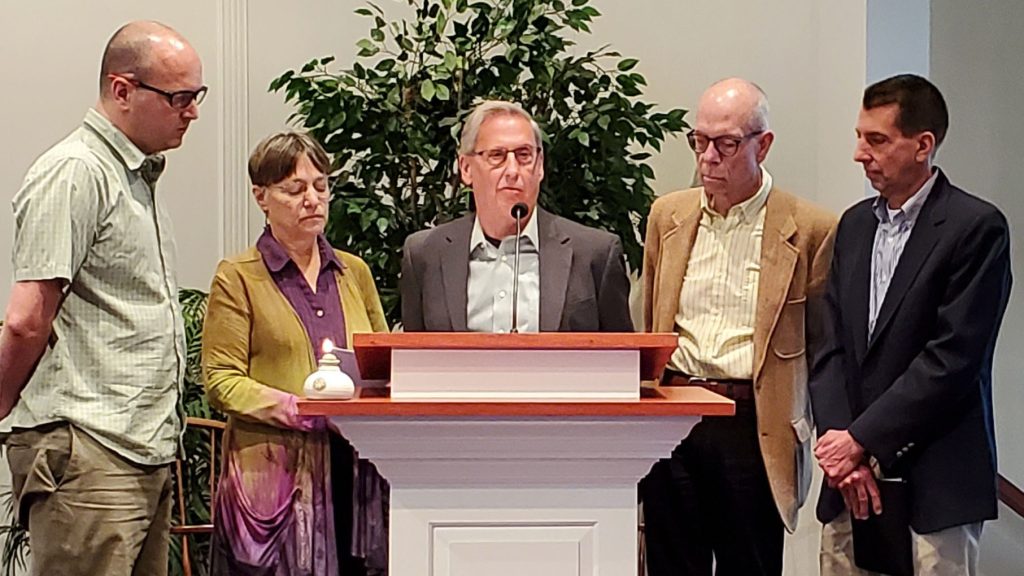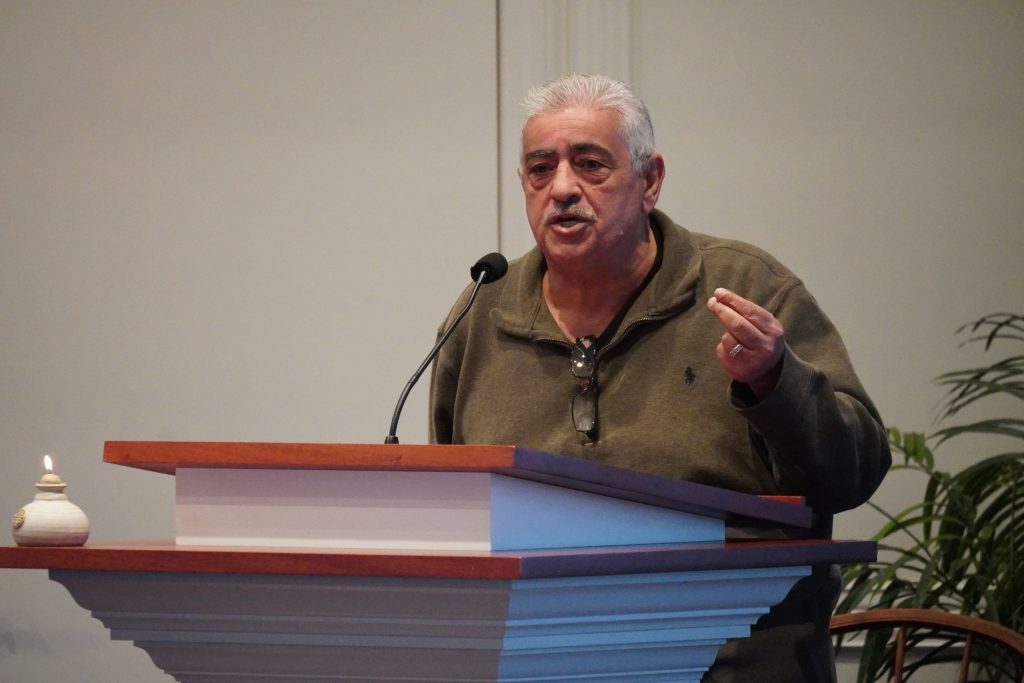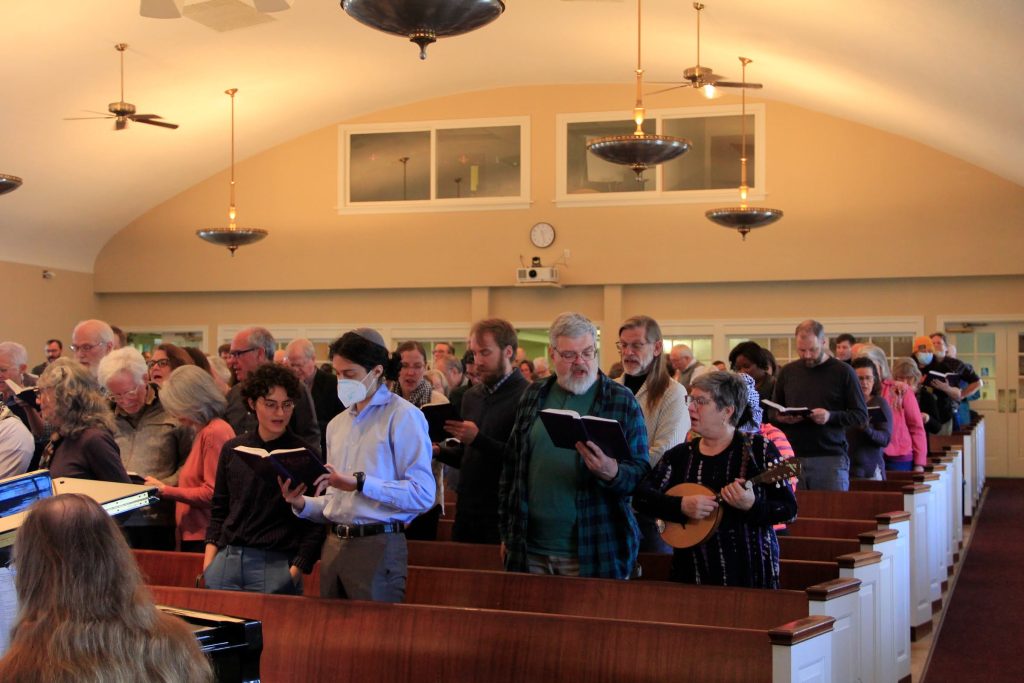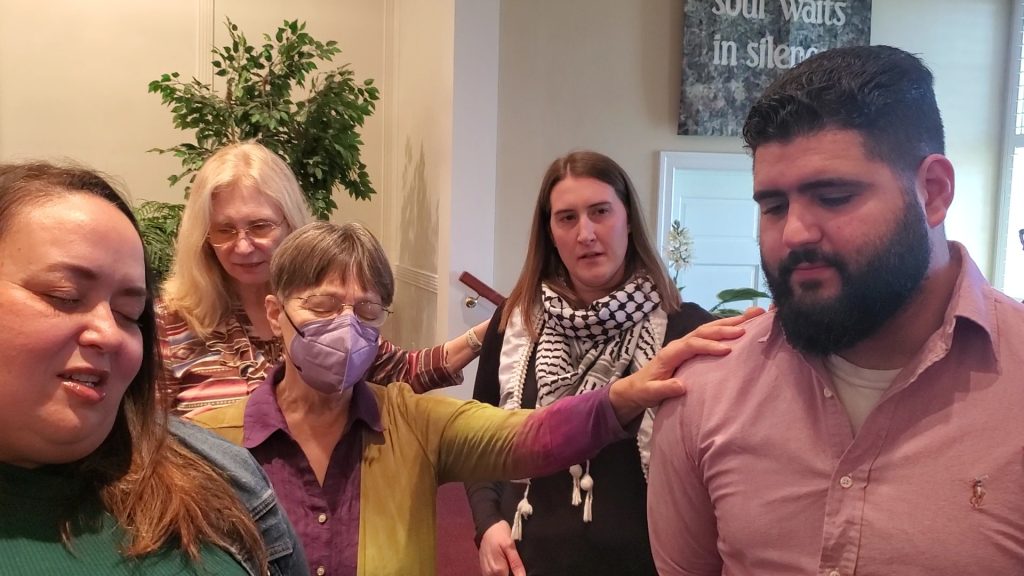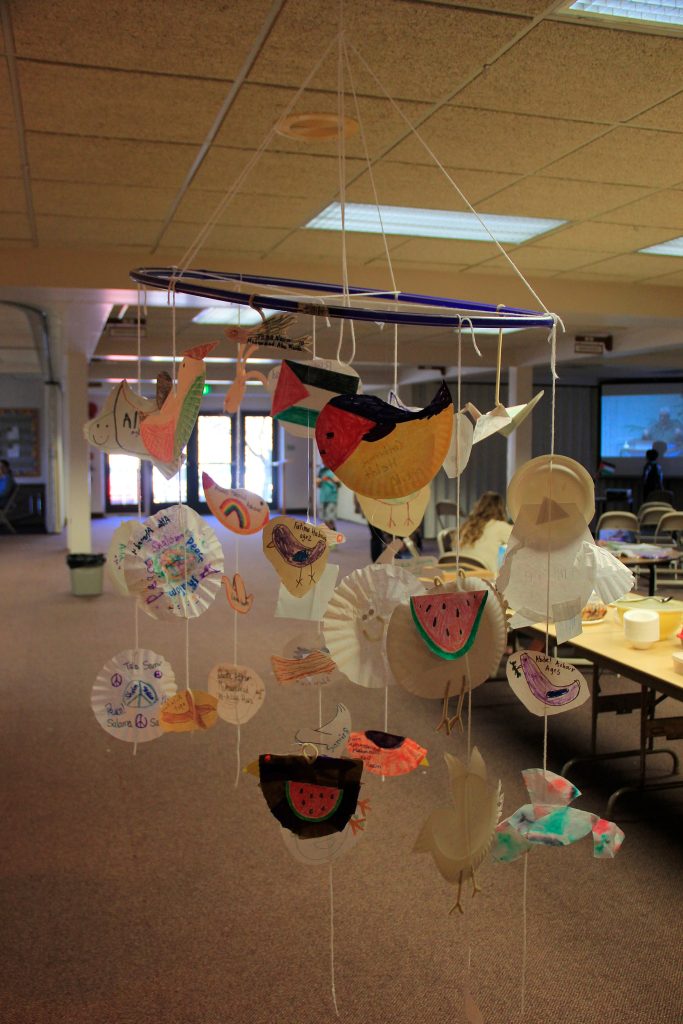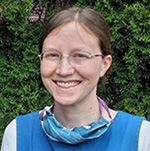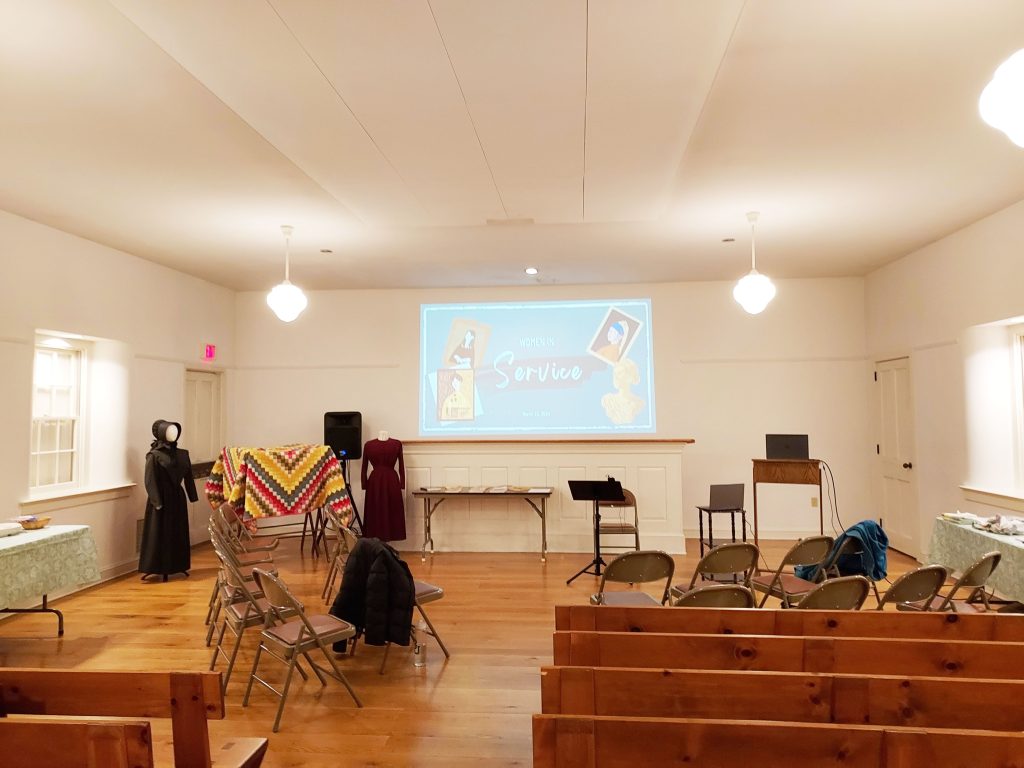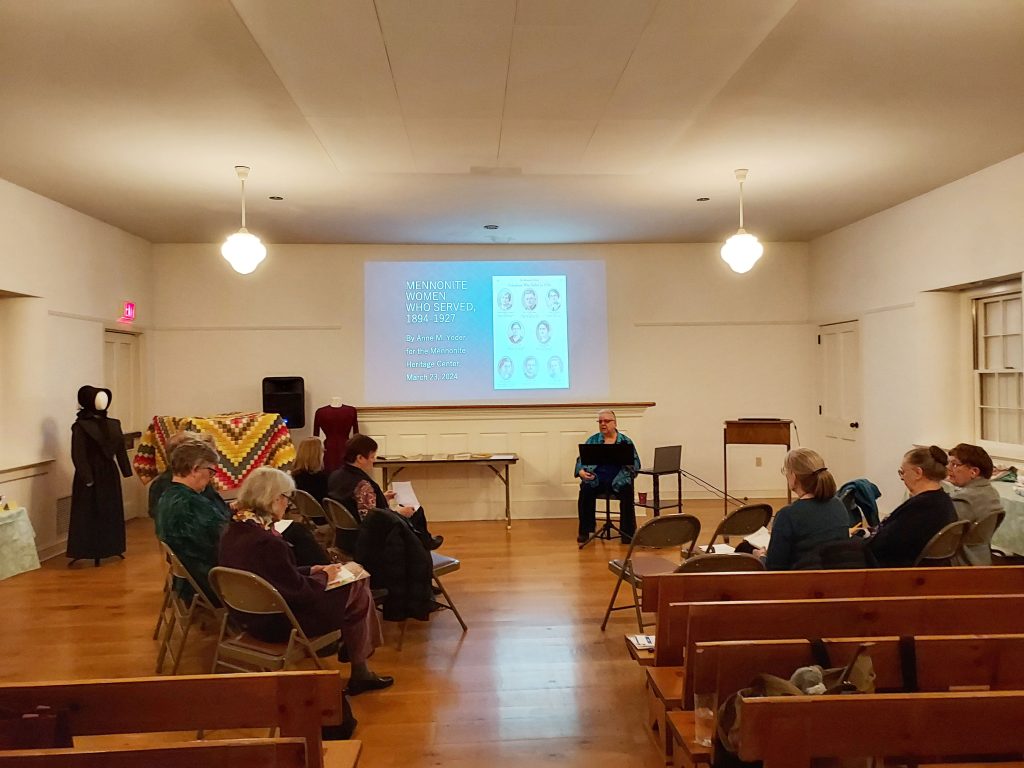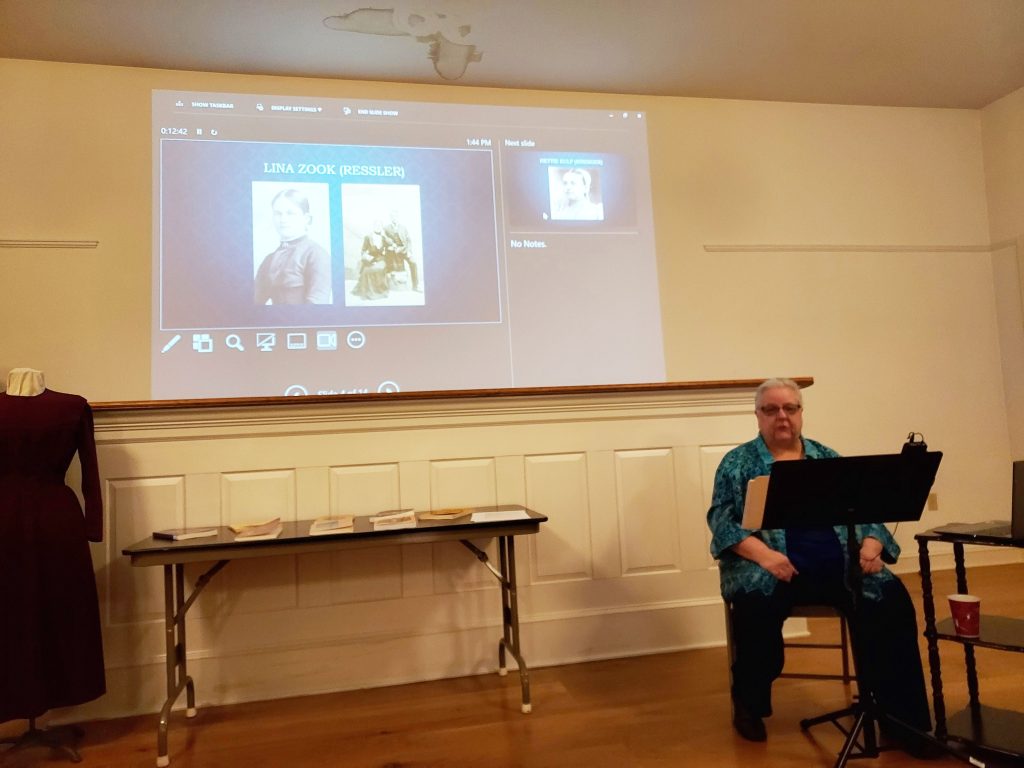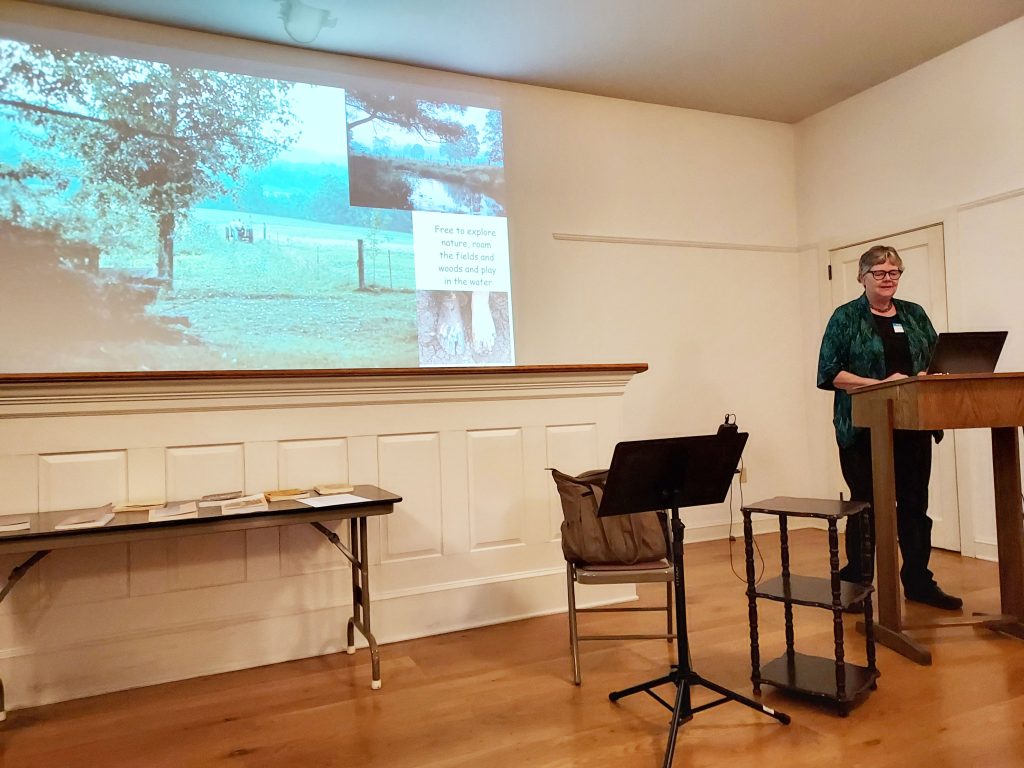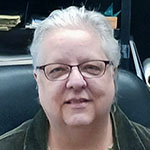By Laura Leatherman Alderfer, Salford (Harleysville, PA) and Methacton (Norristown, PA) congregations
This article was originally published by Anabaptist World and is reprinted with permission.
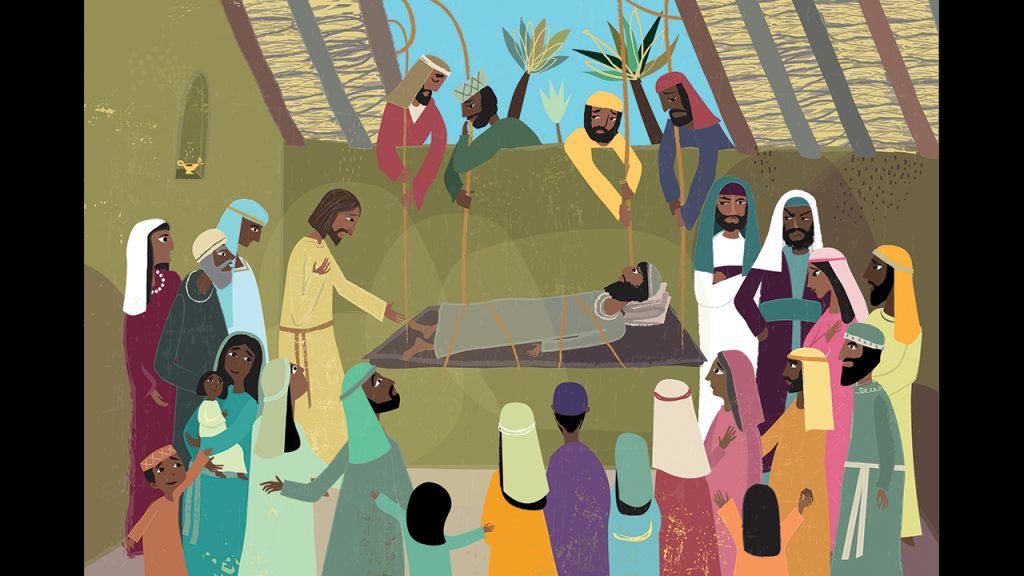
The story of the man lowered through the roof to see Jesus is often told in the context of Jesus’ miraculous healings.
We may not have thought of it as a story about inclusion, disability and accessibility. But as we look more closely at Mark 2:1-12, there is much to learn about ourselves, how Jesus views people with disabilities, and true accessibility and inclusion.
A house with no door
Imagine you’ve been invited to a party. You show up to the house, make your way to the spot where the front door should be and find — nothing. There is a place for a doorway. There is even a doormat that says, “Welcome, friends.”
You knock on the window, but no one hears. You look for another entrance, but no one notices you are outside.
Have we considered the people among us who feel invited but invisible? Are we aware of those looking for the front door?
The paralyzed man and his friends created an opening to get inside the building where, for him, there was no door. How can we do the same (preferably without digging literal holes through the roof)?
Three perspectives from Mark 2 offer a starting point.
The first perspective is that of the man who was lowered through the roof.
The text doesn’t say why he felt the need to be near Jesus. We often assume he and his friends wanted Jesus to cure his paralysis and make him walk again. But the passage doesn’t say that.
Consider this man’s faith, the boldness, the vulnerability, as he allowed himself to be let down on a mat through a hole in the roof, presumably to the floor — and then looked up to see the face of Jesus.
What does Jesus say to him?
First, “Son.” Jesus affirms that this man is a child of God, an important part of the family. He belongs. That is the man’s identity, and Jesus names it.
Second, “Your sins are forgiven.” Jesus does not immediately focus on what’s “wrong” with the man’s body. He simply sees a precious person who needs connection to God and removes the barrier of sin that separates him. It is only after certain religious people in the room question Jesus’ authority to forgive sins that he cures the man’s paralysis.
We must not look at inclusion and accessibility as rooted in a problem with the physical bodies or brains of people with disabilities. We must see one another the way God sees us: as whole and in need of belonging, forgiveness and community.
The second perspective is that of the paralyzed man’s friends who recognized the importance of bringing their friend to Jesus.
According to Mark, these friends “dug through” the roof to make an opening. You can almost feel their gritty determination and sweaty effort, united in their resolve to get their friend inside.
If you are a caregiver or friend to someone with a disability, you probably identify with these friends. You see your precious friend as fully loved and fully worthy. You feel the heartbreak of your friend’s loneliness, the frustration at the barriers and the feelings of being unseen. You might feel those things, too.
Remember the caregivers in your midst. These people are already near to the precious children of God who must be included in all places and spaces.
The final perspective is that of a person who isn’t mentioned: the one who owned the house.
What about this person, who was just trying to provide a place for Jesus to teach and preach? He was left to deal with a hole in the roof and debris on the floor. Was he upset?
Or did this encounter with Jesus, and with spiritual and physical healing, somehow change the homeowner? Perhaps the cost of roof repair was a small price to pay for experiencing God working a healing miracle through Jesus in his living room.
Everyone can do something to ensure accessibility and inclusion. Yes, there is a place for planning and raising funds to make our homes and houses of worship more disability friendly. But God also may call us to open the roof in unconventional ways to let all God’s children inside.
Questions for reflection
Ask yourself the following questions to develop your awareness of those who are looking for the door but cannot find it:
- Are we willing to assume the financial costs of accessibility?
- Are we willing to do the relational work of learning how to connect with others who are different and open to the transformation that comes with it?
- Are we willing to examine our ideas about health, ability and what makes another person valuable?
- Are we open to breaking barriers so that every person — every body — can be welcomed in to experience healing and restoration through the power of Jesus?
Yes, there are challenges and costs. There is destruction of inaccessible structures and old ways of thinking.
But there is also much joy and beauty.
And there is much love, belonging and healing when we draw near to Jesus.
Let’s dig some holes to welcome all his friends inside.
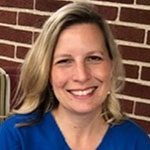
Laura Leatherman Alderfer
Laura Leatherman Alderfer of Telford, Pa., leads the Accessibility Ministry Team at Salford Mennonite Church, Harleysville, Pa. This article was adapted from a sermon preached at Plains Mennonite Church, Hatfield, Pa.

